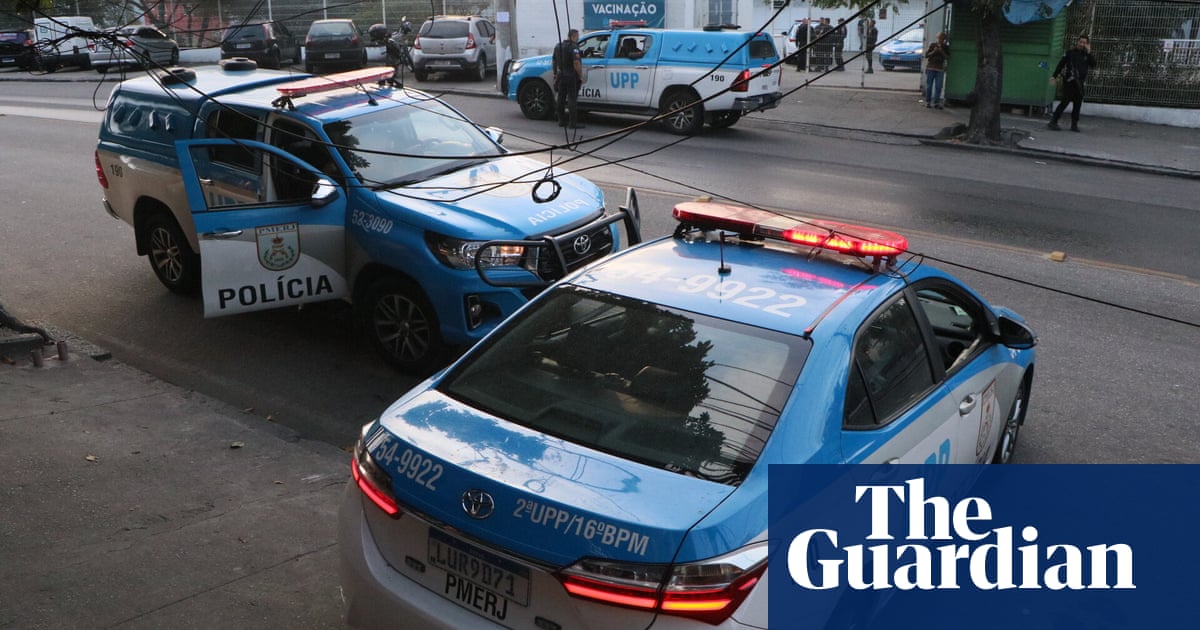
The government’s decision to cooperate with US authorities over the prosecution of two alleged Islamic State executioners without assurances that they would not face the death penalty was unlawful, the supreme court has ruled.
In a unanimous judgment that will have repercussions for US-UK relations, the court’s seven justices said the home secretary’s agreement to provide evidence about El Shafee Elsheikh and Alexanda Kotey breached data protection rules.
Delivering the judgment, Lord Kerr said that under the Data Protection Act transferring information in this context was contrary to law. He said: “Much of the information provided, or to be provided, to the US authorities consisted of personal data. It was common ground between the parties that provision of mutual legal assistance involved the ‘processing’ of such personal data falling within part 3 [of the] Data Protection Act.
“Such processing is only lawful where it complies with the data protection principles in section 34 DPA. I concluded that since the transfer of material to the US authorities without obtaining death penalty assurances was contrary to law, it followed that the first and second principles – requiring processing that is lawful and fair – were not met.”
Elsheikh and Kotey, who were raised in Britain, are alleged to have been part of an Isis terrorist cell, some of whom were known as “the Beatles”, that is thought to have carried out 27 beheadings of US and UK citizens in Isis-held territory. Those killed included the British aid workers Alan Henning and David Haines and the American journalists James Foley and Steven Sotloff.
The pair, who have been stripped of their British citizenship, were captured in February 2018 by Syrian Kurdish fighters, prompting behind-the-scenes negotiations between the UK and US governments over where they should be prosecuted.
The decision not to seek assurances from the US that the two men would not face the death penalty was in defiance of advice from the Foreign Office and senior civil servants, the courts were told by lawyers for Maha Elgizouli, Elsheikh’s mother.
In 2018 it emerged that the then home secretary, Sajid Javid, had written to the US attorney general, Jeff Sessions, telling him that the UK “does not currently intend to request, nor actively encourage,” the transfer of Kotey and Elsheikh to Britain and there were “strong reasons for not requiring a death penalty assurance in this specific case”.
Elgizouli’s lawyers, Birnberg Peirce solicitors, said: “Ms Elgizouli thanks the court for its careful consideration of her appeal and recognises the difficult issues it raises. She has always expressed her belief that her son, if accused, should face justice, and that any trial should take place in the UK.
“She has been asking since November 2018 for the CPS to conduct a review of the claim that there was insufficient evidence for him to be charged and tried in the UK – a review that the CPS now says should be completed by April 2020.”
In the judgment, Lady Hale, who has since retired as the court’s president, declared: “The most fundamental of the rights protected by the European convention [on human rights] is the right to life. This is an absolute right, not qualified by the possibility of restrictions or interferences which are ‘necessary in a democratic society’.”
Kerr’s judgement went even further, asserting: “I believe that the time has arrived where a common law principle should be recognised whereby it is deemed unlawful to facilitate the trial of any individual in a foreign country where, to do so, would put that person in peril of being executed.”
Reprieve, an organisation that campaigns against the death penalty, intervened in the supreme court case. Its director, Maya Foa, welcomed what she called a landmark judgment.
“By sharing information without first seeking - and securing - assurances that the death penalty wouldn’t be in play, this government acted unlawfully,” she said. “In doing so they undermined the UK’s strong assistance for people facing capital punishment across the globe, and so put hundreds of lives at risk.”
The supreme court judgment was read out by Kerr over a videolink. The court building is closed during the coronavirus pandemic crisis but it is continuing to hear cases remotely.
Shami Chakrabarti, the shadow attorney general, said: “Those understandably concerned about the sweeping powers that parliament has just temporarily handed to the executive to cope with the coronavirus emergency, will take some comfort from the watchful eye of the UK’s judges and the value they so obviously place on the right to life.”
A Home Office spokesperson said: “The government’s priority has always been to maintain national security and to deliver justice for the victims and their families. This has not changed. We are clearly very disappointed with today’s judgment and are carefully considering next steps.”











